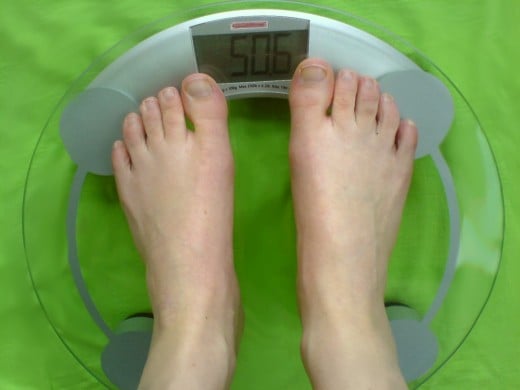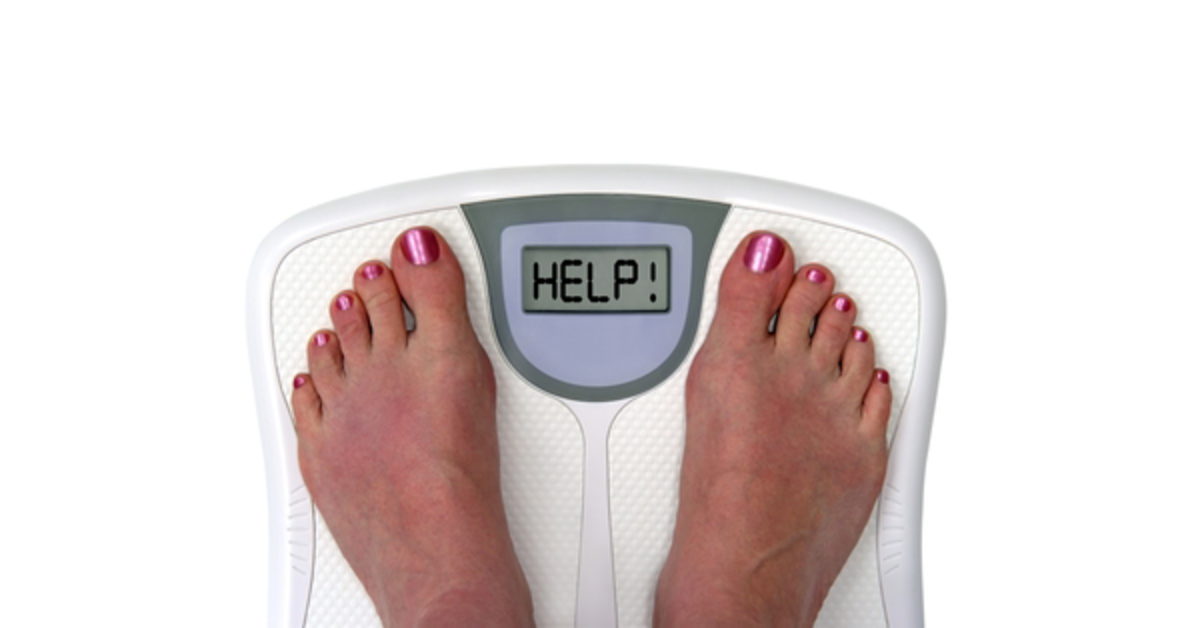The Science of Weight Loss - Fastest Way to Lose Weight
Learn the Science of How to Lose Weight
Everyday millions of people attempt to lose weight, some are successful … many aren’t. For those who try and never make it, the solution can be found in a few simple weight loss tips that can help you find the tools and motivation you need to keep working towards your goal.
Do you know what it takes to lose weight fast? If you want to lose 10 pounds or more and are looking for the best way to lose weight, our proven weight loss tips can help you succeed where other plans have failed. We’re not going to tell you exactly what you have to eat, that’s not a formula for successful weight loss. We’ll give you the information you need so YOU can be in charge of your own weight loss program.
The foundation of a successful weight loss plan is knowing how you gain weight and what it takes to lose it. Every pound of body fat is equivalent to approximately 3,500 calories. A calorie is simply a measure of energy; our body needs fuel, or energy (calories) to process its many functions. Everything from breathing to jogging will require a measure of energy (calories) to use as fuel.
The number of calories your body needs varies depending on three main factors: the amount of physical activity you engage in, your BMR, and the thermic affect of food.
Fastest Way to Lose Weight
How to Lose Weight Fast

The first factor that will influence the number of calories you burn is your BMR (Basic Metabolic Rate). Your BMR is the amount of energy (calories) you body needs to function while at rest. Your BMR will account for approximately 60 to 70 percent of the calories your body burns in a day and includes the calories required to keep your heart beating, lungs breathing, body temperature stabilized and kidneys functioning. One of the most accurate formulas for determining your BMR is the Harris-Benedict formula:
Adult male:
66 + (6.3 x body weight in pounds) + (12.9 x height in inches) – (6.8 x age in years)
Adult female:
655 + (4.3 x weight in pounds) + (4.7 x height in inches) – (4.7 x age in years)
(The first number in the formula for women is indeed 655!)
Books to Help you Lose Weight
How to Lose Weight

How to Lose Weight
The next item, physical activity, will consume the second largest number of calories. As we mentioned, everything you do will require calories to fuel your body. It doesn’t matter if you’re making your bed, brushing your teeth or running a marathon, you’ll be burning calories. The number of calories you burn as you engage in physical activity will be dependent on your weight, the more you weigh, the more calories or energy it takes to move your body.
The third factor in determining the amount of calories you need in a day is the thermic effect of your food. This is the amount of energy your body uses to digest the food you eat. Our body uses energy to break food down into their basic elements in order to be utilized properly. The number of calories burned digesting food each day can be calculated by multiplying the number of calories consumed by .10 or 10 percent.
Now that we know what a calorie is and how our body utilizes this energy, we need to take a look at how much we actually consume. Our body needs fuel, but what happens if we give it too much? The number of calories you need to maintain your current weight will vary from person to person, and as we’ve seen physical activity, the thermic affect of food and your BMR will all have an impact on the number of calories you need.
Knowing the number of calories your body burns in a day is important. This is a crucial step in learning how to lose weight and keeping it off. Now it’s simply a matter of calculating how many calories you are taking in. If you consume more calories than your body needs, or burns in a day, you’re going to gain weight. If you consume fewer calories, you’ll lose weight. It’s that simple. For every 3,500 calorie deficit you create, you will lose one pound. For example, let’s say you have calculated that you need 2,200 calories each day just to maintain your current weight. If you reduce your daily caloric intake to 1,700 calories, you’ve created a 500 calorie deficit. If you keep this up for a week, you will have created a deficit of 3,500 calories (500 X 7) and this will translate into one pound of lost weight. On the other hand, if you eat more than the 2,200 calories your body needs, you’ll gain a pound for every 3,500 excess calories consumed.
You now know the mechanics of calories in vs. calories out and how that translates into either weight loss or weight gain, or simply maintaining your current weight. Adjusting your intake of calories is an effective way to lose weight, but it’s not the only way. As we’ve already seen, we need to create a calorie deficit of 3,500 calories for every pound of body weight we want to lose. This deficit can also be created, or increased, by expending more energy through increased physical activity.
Incorporating exercise into your daily routine can easily up the amount of calories your body needs and will help create a larger deficit for faster weight loss. Moderate walking can burn approximately 300 calories per hour, low-impact aerobics 350 calories and general circuit training 550.
By combining a healthy low-calorie diet and plenty of physical activity, one can reasonably expect to loose two to three pounds a week by creating a calorie deficit of 1500 calories per day. Most experts advise against losing more than 3 pounds per week, but many weight loss programs have far exceeded this number. In fact, in the first week or two of any diet, it’s not unusual to lose 5 to 10 pounds. Whatever your weight loss goals may be, adjusting your calorie intake and expenditure will result in successful weight loss.
One of our Favorite Ways to Get Moving!
Exercise DVDs
Some of our favorite weight loss articles.
- How to Choose a Jack LaLanne Juicer
Choosing your new Jack Lalanne Juicer is easy with our product resource and information guide. Whether you choose a Jack Lalanne Power Juicer or Breville Juicer, your new juice extractor is an investment in your health. - Lose Weight with Green Tea Weight Loss Tips
Green tea provides many amazing health benefits including the ability to aid in weight loss. With green tea weight loss is accelerated by its ability to raise the metabolic rate and quickly burn fat. Green tea protects against many diseases and impro - Metabolic Typing for Optimum Fat Burning
News flash: There's no magic pill to make the pounds disappear If you're really ready to fight the Battle of The Bulge, your arsenal needs to include plenty of determination and common sense as well as... - Jack LaLanne Power Juicer Exposed
The Jack LaLanne Power Juicer is an asset to any healthy kitchen. Now getting the essential nutrients from your fruits and vegetables is as close as your juicer. Powerful, healthy, fast and convenient! - Metabolic Typing for Optimum Fat Burning
News flash: There's no magic pill to make the pounds disappear If you're really ready to fight the Battle of The Bulge, your arsenal needs to include plenty of determination and common sense as well as... - Lose Weight with Green Tea Weight Loss Tips
Green tea provides many amazing health benefits including the ability to aid in weight loss. With green tea weight loss is accelerated by its ability to raise the metabolic rate and quickly burn fat. Green tea protects against many diseases and impro









